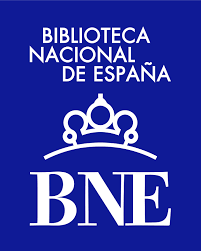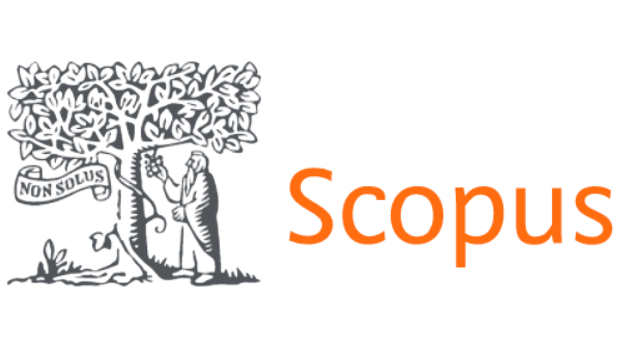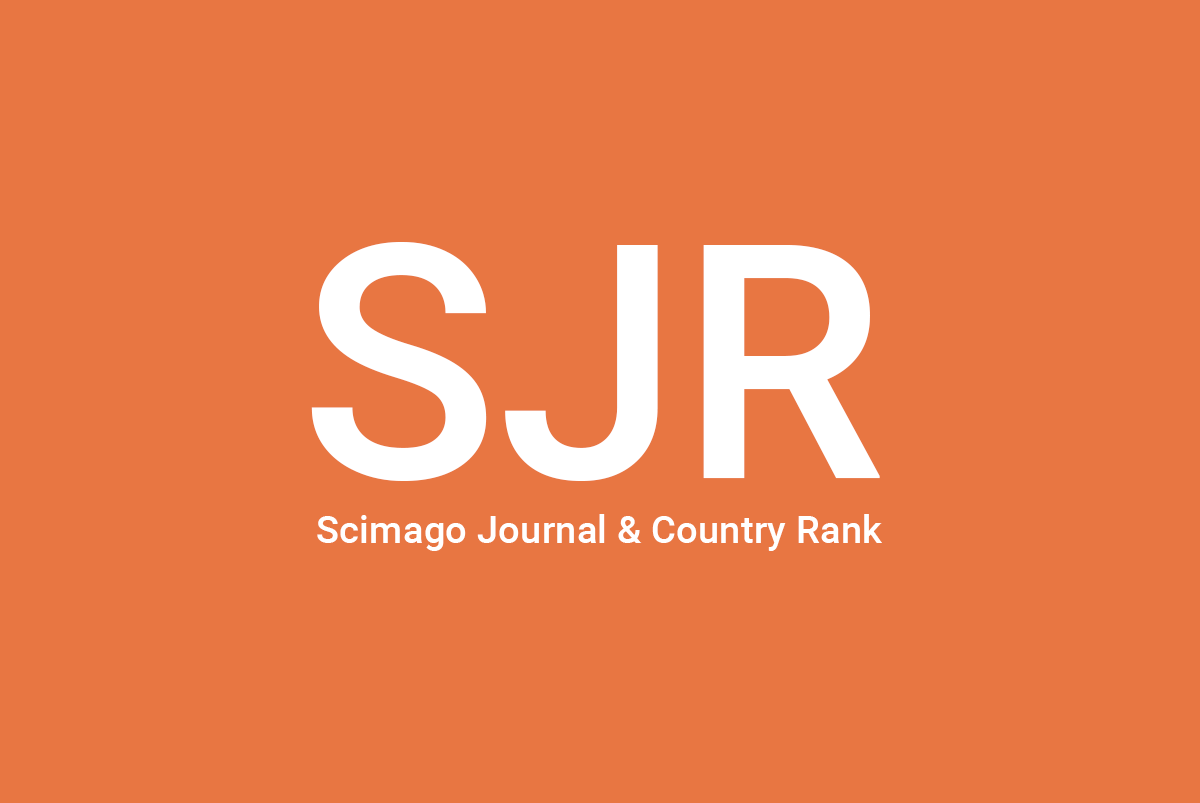Bildung and Freiheit in the first German Romanticism
DOI:
https://doi.org/10.24310/stheg.4.2018.11394Keywords:
FRIEDRICH SCHLEGEL, FREEDOM, EDUCATION, ROMANTICISM, DEMOCRACY, NATIONALISMAbstract
This article tries to show the connection of the notion of formation with that of freedom in the first German romanticism, as well as its implications in the plane of the individual subject but, especially also, in the plane of society and politics. In the first sense, this concern is discussed with the basic idea with which modernity is inaugurated, that is, the idea of the freedom of individuals as creators of their own history. And in relation to the second aspect, proposals are analyzed to produce a common political action space capable of making possible the convergence of wills and the effective participation of citizens in the organs and institutions that common political action implies. In particular, the nationalist foundation of collective identity in the feeling of people as nation, compared to its justification politically, in the sense of administrative structure that manages and resolves common objectives. Basically, the Romantics use the term «people» as a synonym for a «natural» community of race, language and culture, which is much more than understanding the nation as an entity simply formed on the basis of a social contract and a legally constructed cohesion between different and heterogeneous citizens.
Downloads
Metrics
Publication Facts
Reviewer profiles N/A
Author statements
Indexed in
-
—
- Academic society
- N/A
- Publisher
- Universidad de Málaga
References
Downloads
Published
How to Cite
Issue
Section
License

This work is licensed under a Creative Commons Attribution-NonCommercial-ShareAlike 4.0 International License.
This journal provides immediate free access to its content under the principle of making research freely available to the public. All contents published in Studia Hegeliana. Journal of the Spanish Society for Hegelian Studies, are subject to the Creative Commons Attribution-NonCommercial-ShareAlike 4.0 licence (specifically, CC-by-nc-sa), the full text of which can be found at <http://creativecommons.org/licenses/by-nc-sa/4.0>. Derivative works are therefore permitted as long as they are not used for commercial purposes. The original work may not be used for commercial purposes. The journal is not responsible for the opinions expressed by the authors of the works published in it.
It is the authors' responsibility to obtain the necessary permissions for images that are subject to copyright.
Authors whose contributions are accepted for publication in this journal retain the copyright. It is non-exclusive right to use their contributions for scholarly, research and educational purposes, including self-archiving or deposit in open access repositories of any kind.
Since volume 7 of 2021 the journal Studia Hegeliana has changed the copyright. Since that year the authors have retained the copyright.
The electronic edition of this journal is published by the Editorial de la Universidad de Málaga (UmaEditorial), being necessary to cite the source in any partial or total reproduction.

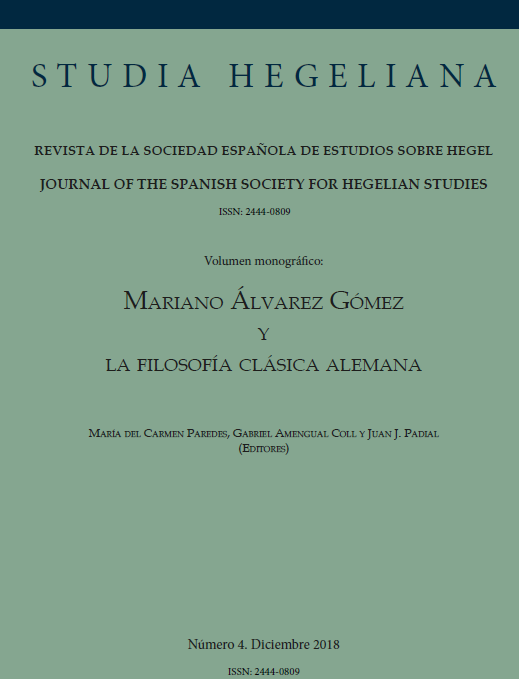




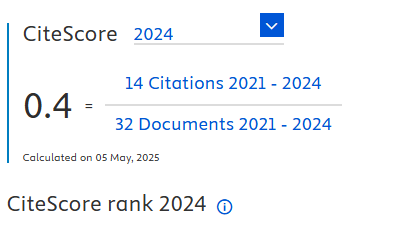
244.png)











